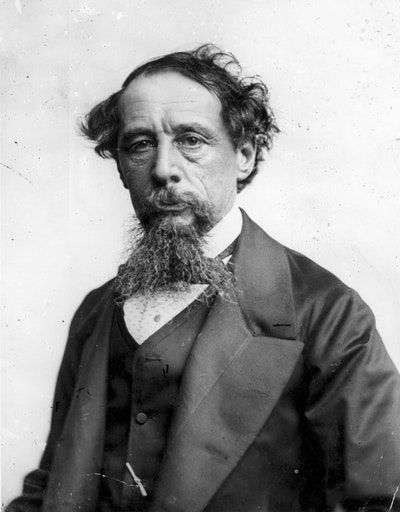A Christmas Carol 2024 Fun Facts
Here are some fun facts about A Christmas Carol by Charles Dickens:
Writing: Dickens wrote the story in six weeks, while under financial pressure.
Publication: The first edition of A Christmas Carol was published on December 19, 1843, and sold out by Christmas Eve.
Social commentary: A Christmas Carol is a work of social commentary, like many of Dickens' other works.
Gift to Thomas Mitton: Dickens gifted the original handwritten manuscript to his friend and creditor, Thomas Mitton.
Stage adaptation: A Christmas Carol was adapted for the London stage only six weeks after its publication.
"Merry Christmas": Dickens repeats the phrase "Merry Christmas" throughout the story, helping to popularize the festive greeting.
Turkey: Some scholars believe that Dickens' choice of Scrooge giving the Cratchits a turkey at the end shows how eager he is to treat them to a grand holiday feast.
Tiny Tim: Some scholars believe that Dickens meant to portray tuberculosis in the character of Tiny Tim.
Inspiration for Robert Louis Stevenson: A Christmas Carol inspired Robert Louis Stevenson, the writer of Treasure Island.
Inspiration for Scrooge McDuck: The character of Scrooge McDuck in Donald Duck comics was inspired by A Christmas Carol.

About Charles Dickens
Charles Dickens (1812-1870) was an English novelist, social critic, and one of the most important and influential writers of the 19th century. Known for his vivid characters and social commentary, Dickens' works brought attention to issues such as poverty, child labor, and class disparity in Victorian England. Born in Portsmouth, England, Dickens experienced financial hardship in his youth, even working in a factory after his father was imprisoned for debt—a traumatic period that deeply influenced his later writing.
He began his career as a journalist, gaining public attention with *The Pickwick Papers* (1836-1837). Dickens quickly became famous for novels such as *Oliver Twist* (1837-1839), *David Copperfield* (1849-1850), *Bleak House* (1852-1853), and *Great Expectations* (1860-1861). His works often appeared as serial installments, creating suspense and reader engagement as audiences awaited each new episode.
Dickens' storytelling combined humor, compassion, and a keen understanding of human nature. He is celebrated for memorable characters such as Ebenezer Scrooge from *A Christmas Carol* (1843) and the orphaned Pip in *Great Expectations*. Dickens' legacy endures, with his works still widely read and adapted in literature, film, and theater. His writing shaped social reform discussions and remains a cornerstone of English literature.
